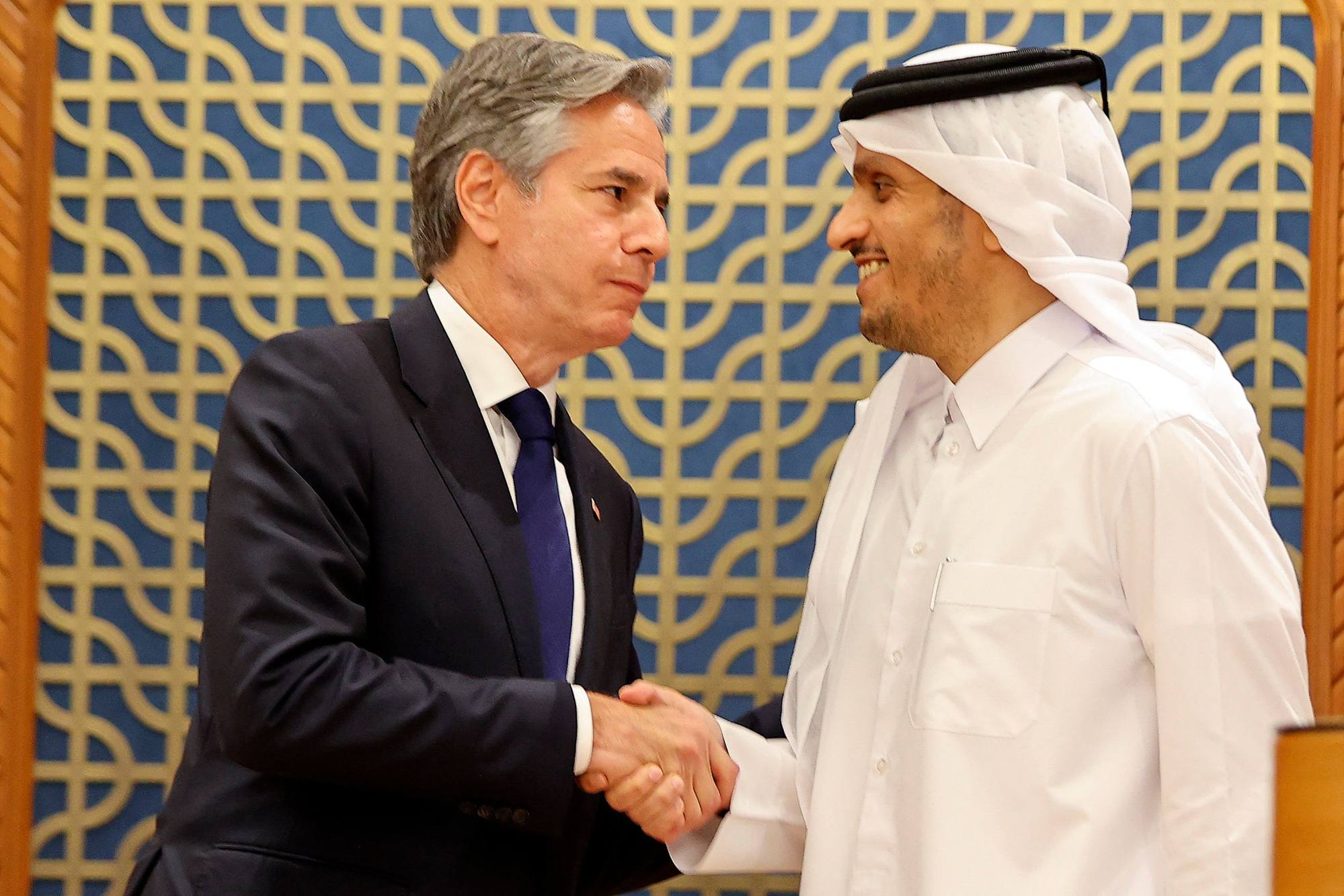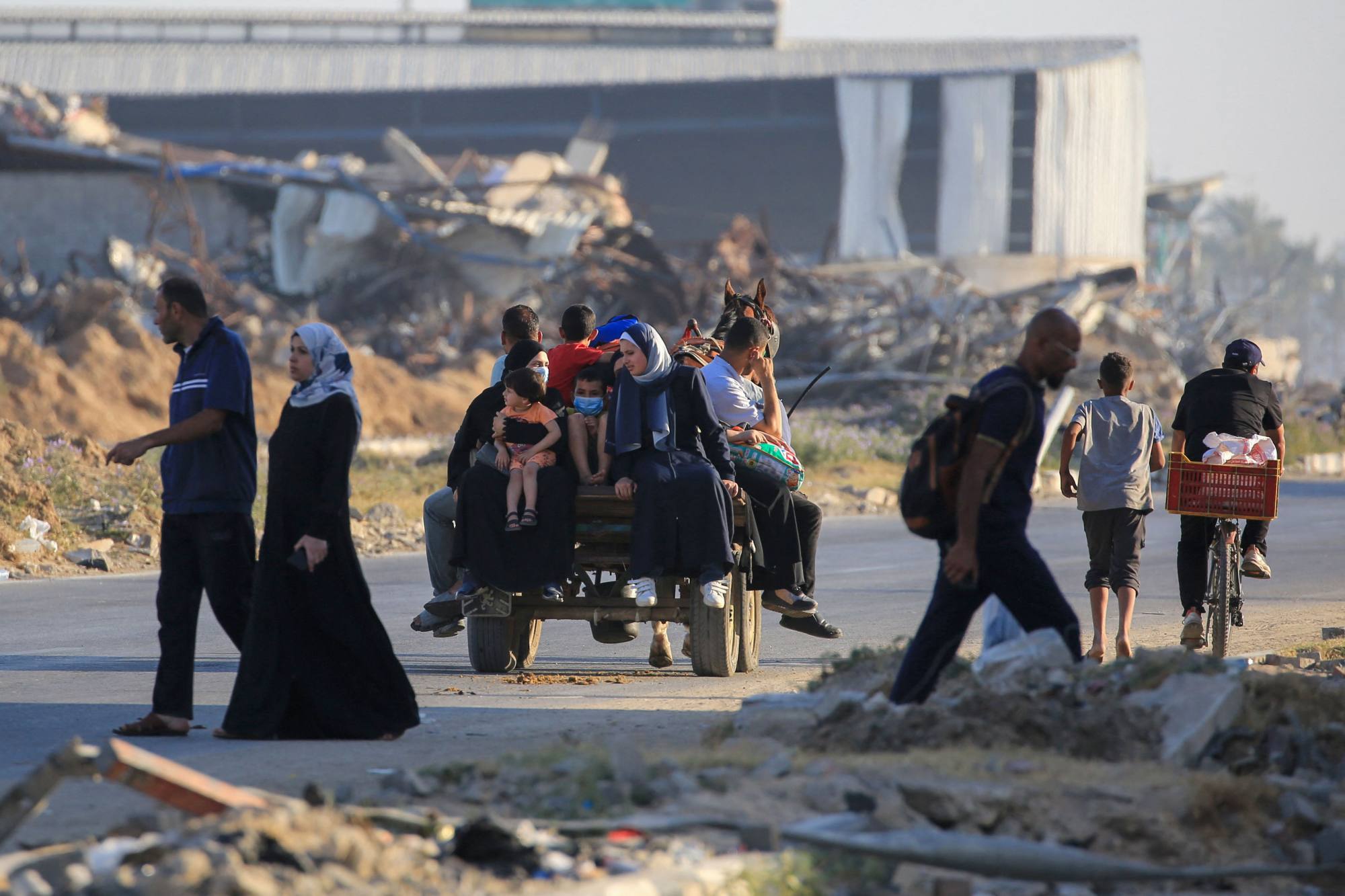“And so we have to see on an urgent basis over the course of the coming days whether those gaps are bridgeable.”
But he said the onus was on Hamas, describing the rest of the world as united in seeking an end to the eight-month war.
“We’re determined to try to bridge the gaps. And I believe those gaps are bridgeable,” Blinken said.
“That doesn’t mean they will be bridged because, ultimately, Hamas has to decide,” he said.
“The longer this goes on, the more people will suffer, and it’s time for the haggling to stop.”
He added: “I believe it’s absolutely necessary to try our hardest to do it. But there’s no guarantee.”

Hamas proposed amendments late on Tuesday, including a ceasefire timeline and the complete withdrawal of Israeli troops from Gaza, according to a source familiar with the talks.
The plan Biden laid out on May 31 calls for an Israeli withdrawal from “major population centres” and a ceasefire for six weeks, which could then be extended if negotiators need more time to seek a permanent deal.
Blinken declined to elaborate on the Hamas demands.
He reiterated that Israel was behind the ceasefire, although Prime Minister Benjamin Netanyahu has not formally endorsed it and has far-right government members who have vowed to stop the deal.
Blinken, concluding his latest crisis trip to four countries, including Israel, also highlighted a key concern of the United States with its ally – that it does not have a plan for what happens after the war.
“In the coming weeks, we will put forward proposals for key elements of day-after planning,” Blinken said.
Blinken said the proposals would cover how to handle Gaza governance, security and reconstruction.
The United States has supported Israel’s goal of destroying Hamas after the October 7 attack.

But US officials believe Hamas has already been degraded and are seeking what they see as more achievable metrics to end the war.
The Biden administration has proposed putting the Palestinian Authority back in charge of Gaza, run for nearly two decades by Hamas.
The United States has butted heads on the issue with Netanyahu, who has long sought to isolate the West Bank-based PA and some of whose coalition partners vehemently oppose a Palestinian state.
Qatari Prime Minister Sheikh Mohammed bin Abdulrahman Al-Thani acknowledged that one key divide between Israel and Hamas was on whether a ceasefire would be temporary or permanent.
The US proposal calls for a six-week truce that would be extended until negotiations reach a more permanent settlement.
Al-Thani said the emirate would keep working with Egypt and the United States to “bridge the gap to find a way to end the war as soon as possible”.

